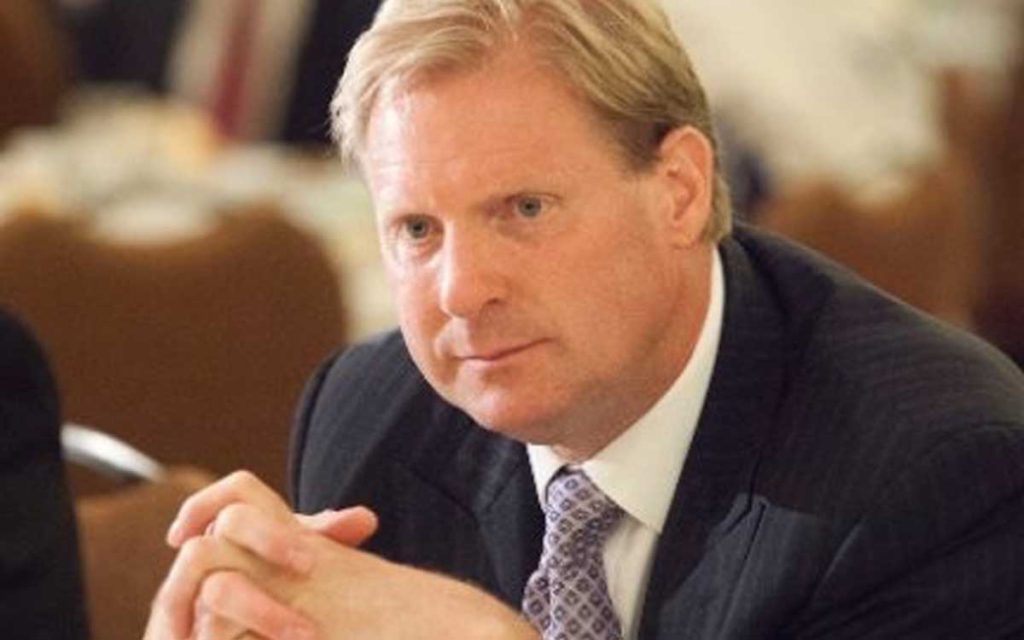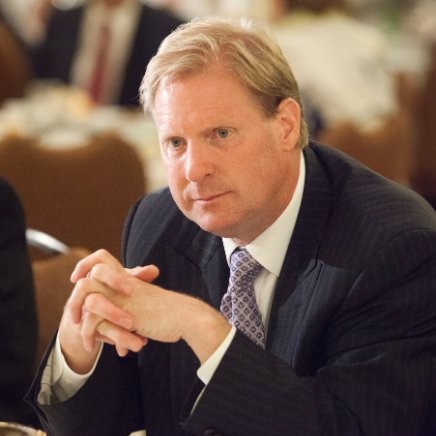
Marc Kealey is a former advisor to Liberal Prime Minister John Turner.
The culmination of activities in Ottawa with respect to the testimony of the Honourable Jody Wilson-Raybould at the Justice Committee and the subsequent fall out has laid bare that Canada’s system of Government has been affected over the years, through dramatic judicial and political reforms. Reforms designed to transfer policymaking dominated from the bureaucracy to the political executive – the Prime Minister and the Prime Minister’s Office.
Further, this transition – in the context of Magna Carta – where in 1215 the supremacy of parliament and, therefore, the role of the member of parliament was paramount – has now morphed or, more importantly, produced over recent decades a centralization of power. The entire issue facing the Prime Minister, his office and his Government is focused squarely on this evolution.
As an astute political observer and a student of politics for over 40 years I am well acquainted with the notion of centralization of power in a Prime Minister’s Office at the national level and a Premier’s Office at the provincial level. Having worked in both, I understand the pitfalls that occur when too much power is centralized and I have railed against this centralization for years demanding a return to the principles of Magna Carta as a remedy. In a “modern system” of Government like Canada we can see that authoritarian policies and politics incubated within a secretive and unaccountable apparatus like a Prime Minister’s Office (PMO) can have detrimental effects on and for a Government when things go wrong.
The most startling example in recent years is now playing out on the national stage known as the SNC-Lavalin “scandal”. The recent testimony to the federal Justice Committee by former Minister of Justice and Attorney General for Canada, the Honourable Jody Wilson-Raybould, lays bare the perceived scandal against all the hallmarks of the transition I referenced above.
Let me explain, in historical context, the transition from bureaucratic to political policymaking has, indeed, invited the kind of pressure that Ms. Wilson-Raybould has testified had occurred while she was Attorney General for Canada – specifically and in this case, the Prime Minister and his PMO seeking a political resolution to a deferred prosecutorial agreement for SNC-Lavalin – a well-heeled Canadian corporation.
Explanations for the actions of the Prime Minister, his PMO and other “players” mentioned in Ms. Wilson-Raybould’s testimony to the Justice Committee cannot be attributed casually to “culture” of the political system Canadians live under, but must look instead to specific legal considerations. A more realistic approach might be that that of the institutional design of the judiciary in Canada, thereby promoting rigid adherence to the ideology of the rule of law. This in of itself, should be promoted on ideological grounds by the Prime Minster, his PMO, his Cabinet, Privy Council Office and the Government – in this case comprised of Liberal Party politicians – and the entire parliamentary system. In short, if there ever occurred issues in law (like potential interference), judges would then find for the Government because they share its conclusions about the legitimacy of its actions and not those perpetrated by political expedience or political resolution like what was raised in Ms. Wilson-Raybould’s testimony.
What this entire “interference” episode demonstrates is that the absence of serious legal scrutiny over legislation and acts of Government, like those we are witnessing about the SNC Lavalin “scandal” , should comprise not just an institutional practice BUT a strict adherence to the rule of law. The Government is now ensconced in the political fallout from its lack of adherence to that rule. And it appears it is paying a huge price for the practice as well.
At the end of the day, legal systems contain a complexity of fundamental rules—either codified or uncodified, which, in the case of Government, regulate public power. It is under this context that we as voters in Canada have been subjected to a barrage of media and legal arguments about what has occurred – in this case interference from the Prime Minister and his PMO – and what the consequences are for the Prime Minister’s Government. Only time will tell. But as it stands now, the Prime Minister, his PMO and the Clerk of the Privy Council and other Government players appear mired in a complex issue that stems from that evolution outlined herein. The clearest way out, in my opinion, is to demonstrate transparency, and devolve power from the centre (the PMO) and back to Members of Parliament whose job it is to speak for ALL Canadians and not just those who appear close to the centre and done so transparently with the rule of law as the clear guide.
For me, this issue is not going away any time soon. But I am not giving up on the concept of Canada the good! My lesson for readers is this – pay attention to this issue and make a clear decision for yourself on the kind of Government you want to see and need – and then vote accordingly. Suffice to say, given the fallout to come on this issue, we may not yet have completed our evolution to a new way of governing ourselves. I, for one, will continue to make my voice heard on this.

Marc Kealey is the Principal at K&A Inc., one of Canada’s premiere public policy and management consulting firms. Marc is a former advisor to a Prime Minister of Canada John N. Turner. He lectures globally on politics and public policy and contributes regularly in media. For more information contact Marc at info@kealeyandassociates.com




















